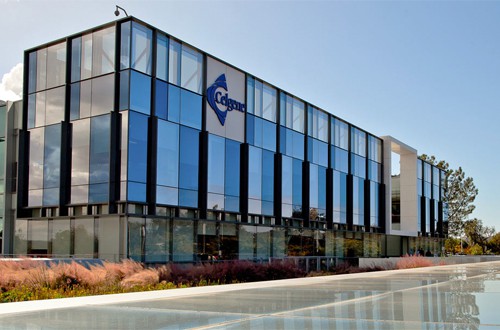
Celgene’s acquisitive streak is continuing, with the US biotech handing over $150m upfront to secure option rights on three Prothena neuroscience programmes.
Since the start of the year, Celgene has paid $9.9bn to acquire CAR-T specialist Juno and $1.1bn upfront for Impact Biomedicines and cancer candidate fedratinib. Its latest deal gives it a preclinical-stage collaboration focused on targets with potential in neurodegenerative diseases including Alzheimer’s.
The three targets at the centre of the collaboration with Ireland-based Prothena include: tau protein, already a focus in Alzheimer’s research and other conditions like progressive supranuclear palsy (PSP); TDP-43, which has been linked to amyotrophic lateral sclerosis (ALS) and frontotemporal dementia (FTD); and another target that the two partners are keeping under wraps for the moment.
In its usual style, Celgene is paying a relatively small amount upfront – $100m on signing and a $50m equity investment in Prothena – with the bulk of the money pledged as milestones if the projects advance through clinical development. It has agreed to pay up to $563m in milestones per target plus royalties on any eventual sales, as well as a sliding scale of opt-in payments for US or global rights that swell the total value of the deal to around $2.1bn.
Celgene has been working to expand its pipeline beyond its core oncology franchise, and the deal with Prothena is the second in central nervous system diseases this month, coming after a smaller $101m collaboration with Vividion Therapeutics that also covers cancer and inflammatory diseases targets.
It’s also been working with Evotec on therapies for neurodegenerative disorders using the German biotech’s stem cell screening platform, and has accelerated its R&D efforts in CNS after recruiting Richard Hargreaves as corporate vice president, neuroscience and imaging, last year.
“Prothena has a legacy of innovation in neuroscience and a team with a deep understanding of biological approaches that target protein misfolding disorders,” said Hargreaves of the new deal.
“Our collaboration leverages each company’s core expertise in protein homeostasis and protein clearance to target proteins that are the underlying cause of many neurodegenerative and orphan diseases.”




